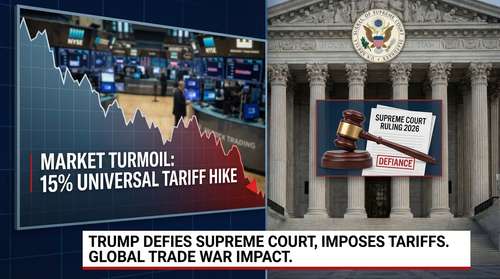Tiktok, the popular short-form video platform, will bid farewell to its creator fund on December 16. Launched back in 2020, the fund, valued at an impressive $2 billion, sought to compensate content creators for their contributions.
However, Fortune recently revealed that the company has decided to discontinue the program altogether.
Initially, Tiktok announced its plan to distribute $1 billion from the creator fund over three years, providing financial rewards to creators whose videos amassed hundreds of thousands, if not millions, of views.
Meanwhile, this initiative aimed to enable micro-influencers with 10,000 followers and at least 100,000 views within the last 30 days to monetize their Tiktok presence.
While it remains unclear if Tiktok fulfilled its commitment to pay out the entire amount to eligible creators, numerous individuals have voiced their dissatisfaction, stating that the fund was not as financially lucrative as anticipated, which sounds negative.

Some creators even reported earning only meagre amounts, akin to "mere pennies," for their viral videos, which sound funny but look real.
In response to these concerns, a TikTok spokesperson assured that the company remains dedicated to offering the best possible experience on the platform and a robust ecosystem of monetization opportunities for creators.
Acknowledging the need for improvement, the spokesperson explained, "part of our ongoing commitment to creators involves evolving our products and allocating resources to better support them while exploring new offerings."
In addition to facing criticism for its creator fund, TikTok was also called out for storing creators' data on servers in China, rather than the promised servers in the United States. This raised concerns about data security and privacy.
It's vital to note that Tiktok has been under intense scrutiny in the United States and several other countries. In fact, some US states have begun implementing bans on the social platform.
Nevertheless, Tiktok is paving the way for creators to continue making money through its newly introduced "Creativity Program." Rolled out earlier this year, this program requires content creators to produce videos longer than one minute to earn revenue.
Unlike its predecessor, the Creativity Program has shown more promise, with creators reporting earnings in the thousands of dollars, which sounds good.
Moreover, as TikTok bids farewell to the original Creator Fund, the focus now shifts to the newer Creativity Program.
Starting December 16, the Creator Fund will cease to operate in the United States, the United Kingdom, France, and Germany. Creators currently enrolled in the fund will have the opportunity to transition to the Creativity Program.
Critics of the Creator Fund have long voiced concern about inadequate payouts, where creators often earned only a few dollars for videos that garnered millions of views.
Meanwhile, in an attempt to rectify this, TikTok introduced the Creativity Program in February, promising higher remuneration for popular creators.
The program's rewards formula has been carefully developed to offer a higher average gross revenue for qualified video views. Unlike its predecessor, the Creativity Program specifically rewards longer videos exceeding one minute in length.
Maria Jung, a spokesperson for TikTok, emphasized the company's ultimate goal of providing the best experience and an enriching ecosystem for creators.
In an email to TechCrunch, Jung stated, "we developed the Creativity Program based on learnings and feedback from the Creator Fund and will continue to listen and learn from our community as we explore new features and enhance existing ones."
Conclusions
The Creativity Program is part of TikTok's comprehensive suite of monetization tools, which includes LIVE subscriptions, TikTok Pulse, tips and gifts monetization features, and the Series feature that allows eligible creators to share content behind a paywall.
Meanwhile, with the shift in focus towards the new and revamped Creativity Program, TikTok remains committed to empowering creators and offering them more rewarding opportunities. As the platform continues to evolve, the future appears promising for content creators seeking financial success on TikTok.




